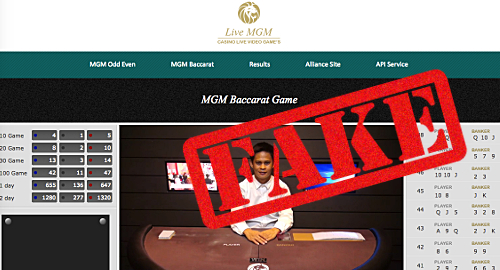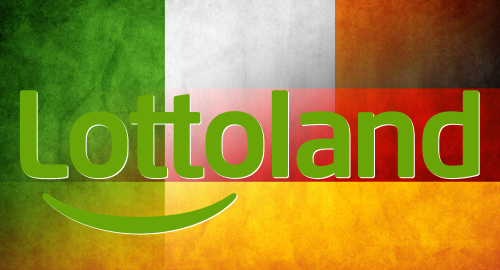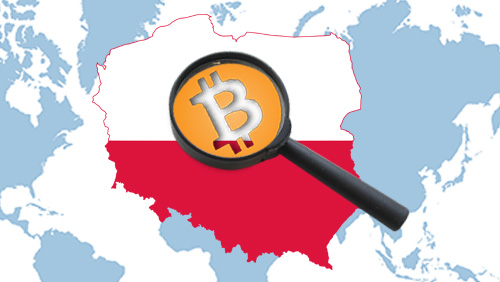Casino operator Wynn Resorts had a bit of a roller coaster day on the New York Stock Exchange after rumors spread of a takeover bid by rival Las Vegas Sands.
Around 11:15am on Thursday, Wynn stock suddenly shot up 3%, hitting $108.60 per share, a peak the stock hasn’t seen since last September. But the rally began to fade at around 1:30pm and the stock closed out Thursday’s trading at $106.17.
Wynn’s stock surge came after a number of Twitter users began circulating rumors that Sheldon Adelson’s Las Vegas Sands was mounting a takeover bid of his frenemy Steve Wynn’s company. Sands was reportedly preparing an offer in the $120 to $125 range, with the latter figure representing a 19% premium on Wynn’s Wednesday closing price.
But a Wynn spokesperson subsequently told Bloomberg News that there was “zero truth” to the rumors, prompting much speculation as to where the chatter originated, and how much of it was intended to artificially inflate Wynn’s share price to benefit some day traders out to make a quick buck.









